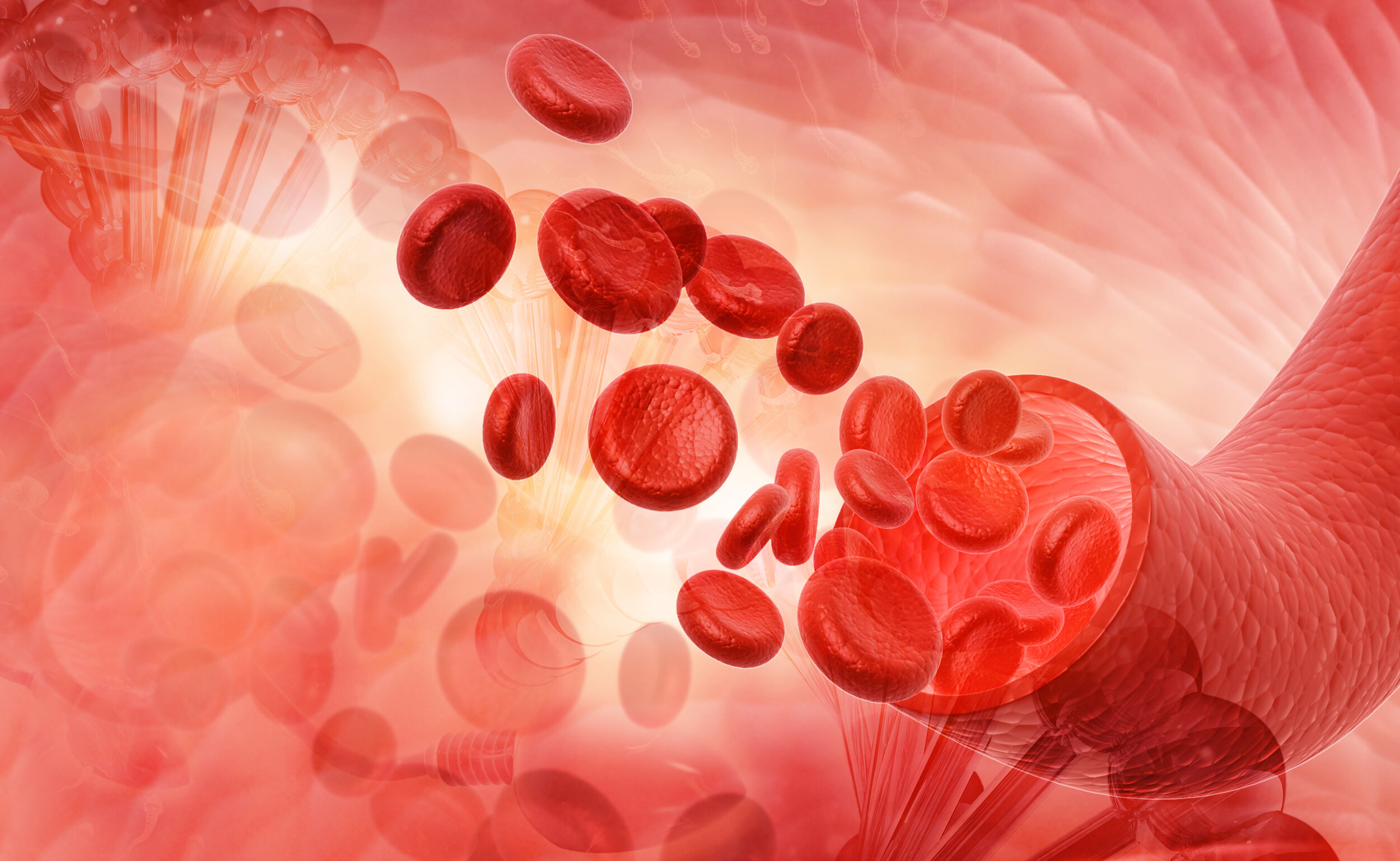National Vascular Disease Awareness Month
September is National Vascular Disease Awareness Month. Vascular diseases, which include arterial disease, venous disease, and blood clots, are major health concerns. The spotlight on vascular disease calls attention to one of the leading causes of death around the globe.
Because these conditions can lead to severe and unwanted complications, our team of experienced providers at Vein Institute wants to spread awareness about the many types of vascular disease (including vein diseases), the warning signs of vein disease, and the treatment options available to you.
Understanding Vascular Disease
Vascular disease refers to any condition that affects your circulatory system 一 the vast network of arteries and veins in your body. Individuals of all ages, genders, and races are at risk for developing vascular diseases, but certain risk factors can increase your risk of having a problem with your blood vessels. Age, family history of vascular disease, obesity, sedentary lifestyle, and certain underlying health conditions (such as type 2 diabetes) all increase your risk for developing one of these conditions.
Examples of vascular diseases include:
Arterial diseases, such as peripheral artery disease (PAD), renal artery disease, popliteal entrapment syndrome, and carotid artery disease
Venous disease, including varicose veins, spider veins, and chronic venous insufficiency
Blot clots, including pulmonary embolism and deep vein thrombosis (DVT)
Aortic aneurysm
Blood clotting disorders
Lymphedema
Vascular diseases can lead to complications if they aren’t treated. Some may require immediate treatment (such as an aortic aneurysm) while others can slowly worsen over time. Regardless, any disease that impacts the health and function of your veins or arteries should be taken seriously.
What Vein Institute Is Doing to Combat Vascular Disease
Here at Vein Institute, our team focuses on preventing, diagnosing, and treating venous diseases 一 the group of vascular diseases that affect your veins. Your veins are an important part of your circulatory system. They carry oxygen-poor blood back to your heart so it can be reoxygenated before being cycled through your body again. You have superficial veins (closer to your skin’s surface) and deep veins (nestled deeper in your muscles).
Venous diseases include blood clots, spider veins, varicose veins, deep vein thrombosis (DVT), venous ulcers, chronic venous insufficiency (CVI), and superficial thrombophlebitis. These venous conditions can develop if your veins are damaged. Because damaged veins can negatively affect your circulation (and overall health), it’s important to treat venous diseases as soon as you spot the warning signs of issues with your veins.
Why Awareness Matters: Getting the Treatment You Need
When it comes to venous diseases, you don’t need to wait until your condition is severe before reaching out for treatment. Vascular Disease Awareness Month provides an opportunity to revisit your risk factors and vein health, so if you do spot any warning signs, you can start treatment to avoid the more serious complication of untreated venous diseases.
Have you noticed changes in your legs and aren't sure if it’s related to a venous disease? Warning signs of a venous disease include:
The presence of lumpy, twisted veins
Achy, heavy feelings in your legs
Numbness and tingling in your toes, feet, or legs
Restless legs (which can indicate the prescient of underlying vein issues)
Areas of swelling, tenderness, and warmth (which can indicate a blood clot)
Vein issues can be corrected with lifestyle adjustments as well as medical interventions. Medication, exercise, and compression stockings can do wonders for your veins, but sometimes vein issues require more intensive treatment to restore the health and functionality of your veins. Your treatment plan depends on your specific vein disease and the severity of it, and our team guides you through all of your options available in our Fairfield, Newtown, and Shelton, Connecticut offices. Your potential treatments include:
Prescription medication
Compression stockings

